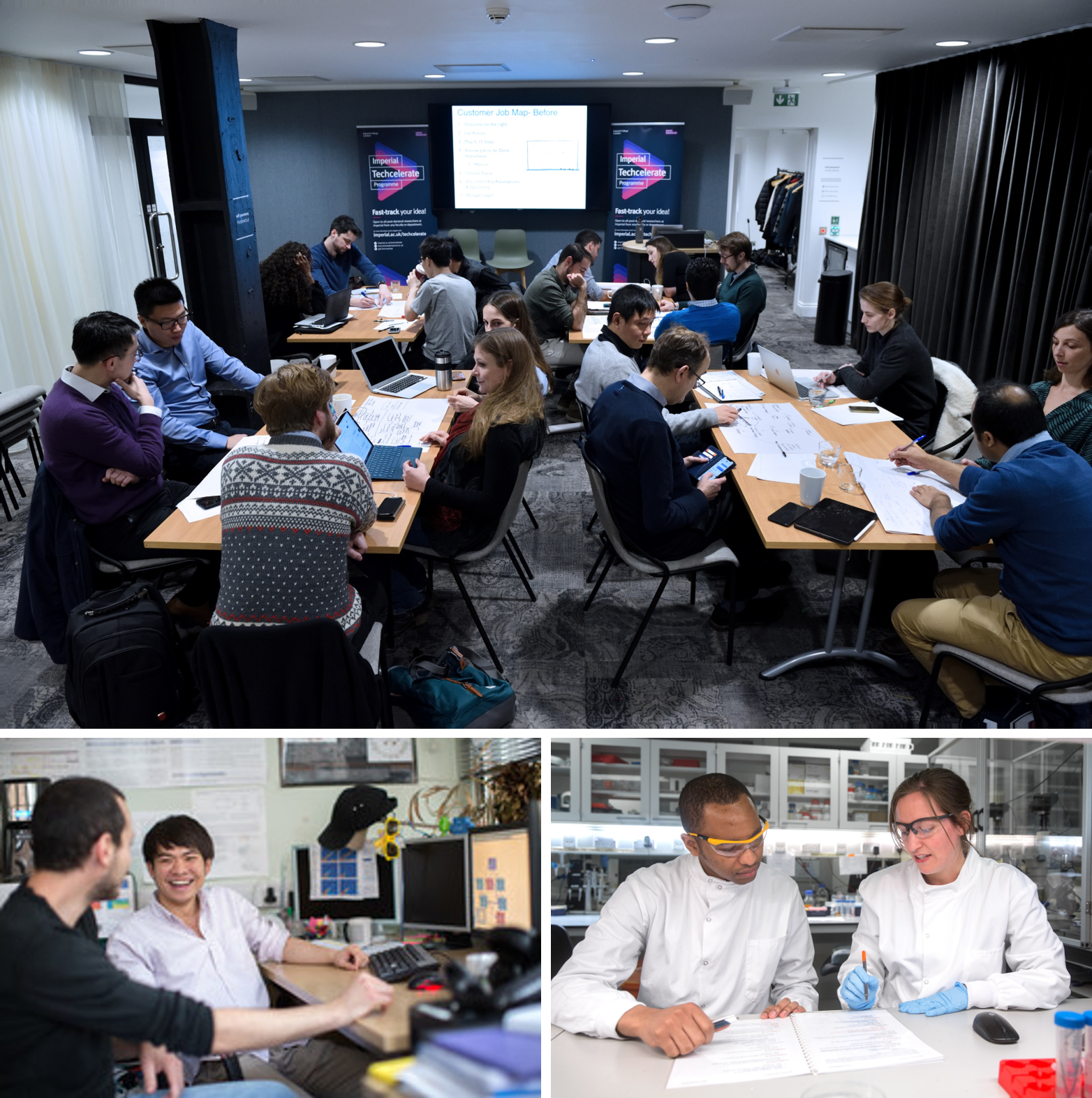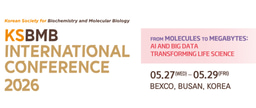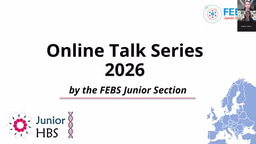Institutional support for postdoctoral career development: an example from Imperial College London

By Elizabeth Adelodun, Bernie Babel, Jenna Collinson, Stefanie Edler-Wollstein, Liz Elvidge, Ines Perpetuo and Elena Virlan, PFDC Imperial College London
The postdoctoral career stage is a unique and uncertain time in the path of most academic researchers. It is a transition phase for early-career researchers to develop their independent career path, explore new areas of research and add new skillsets to their career toolboxes. Postdocs in STEMM disciplines are faced with a plethora of difficulties ranging from short-term contracts, finding time to prepare manuscripts, establishing independence, and finding compatible collaborators – all while planning for their next career stage. Specifically, minority postdocs face additional barriers in academia that usually result in a leak in the scientific training pipeline for a range of reasons, including the complex interplay between individual variables (like ethnicity, self-belief or gender) and environmental variables, coupled with social and systemic barriers. Moreover, 2020 highlighted issues around diversity, inclusion and equity in institutions across the world, including academia.
In addition, the global COVID-19 pandemic has had unprecedented impact on the career trajectory of early-career researchers, with uncertainty around research funding, wellbeing, space and safety – all of this happening while researchers are balancing research, teaching, supervision and family responsibilities.
Against this backdrop, The Postdoc and Fellows Development Centre (PFDC), with a team of seven, has the mission to provide relevant, high-quality support and personal and professional development opportunities to over 2400 postdocs and fellows working at Imperial. The centre was the first of its kind in the UK, and has been providing support for research staff at Imperial College London since 2009. It has also facilitated the development of highly skilled researchers attractive to knowledge economy employers in the UK and beyond.

Elements of its activities are captured in the photo above, encompassing courses and workshops as well as 1:1 support. Its programs include:
- A portfolio of half- and full-day training programmes e.g. How to build resilience in the research environment; The Researcher survival kit; Interviewing for Lectureships; Writing your Fellowship application
- Springboard women’s development programme
- Departmental, faculty and cross-faculty events for postdocs and fellows
- A programme of support and development events for Imperial College Research Fellowships
- Networks, including the Imperial Postdoc and Fellows Enterprise Network and the PFDC Parents Network
- Online resources including wellbeing resources for researchers
- Individual support
- Mock interviews
Furthermore, Imperial is committed to supporting postdocs and fellows to engage in developmental activities that will propel them towards achieving their career goals. For example, for over ten years researchers at Imperial have had ten development days written into their contract for participation in development activities. Researchers are encouraged to use their ten days to reflect on their skillset, plan their career goals and/or gain experience or evidence skills, such as independence and leadership. These can be achieved by spending time in industry, developing collaborative relationships, job shadowing, organizing workshops for their department, joining a committee or attending courses and workshops.
Additionally, in March 2020, Imperial College London signed up to the Concordat for the Career Development of Researchers to ensure that Imperial is a welcoming and attractive place to do research. The objective is to attract, develop, reward, and retain a diverse community of the highest calibre of staff and students. Imperial established a new committee to develop and implement actions that align with the principles of the Concordat and support the career development of researchers.
Most of the PFDC’s provisions have traditionally centred around face-to-face interactions. However, since 17 March 2020, in response to the COVID-19 global pandemic, the PFDC team began to transition the programme of support to a virtual format. The team converted courses and pop-up workshops to a virtual format, created new online resources and provided individual support services virtually.
Ultimately the PFDC’s goal is to provide the highest level of support for postdocs to thrive now, with a strategic focus on developing their future careers.





Join the FEBS Network today
Joining the FEBS Network’s molecular life sciences community enables you to access special content on the site, present your profile, 'follow' contributors, 'comment' on and 'like' content, post your own content, and set up a tailored email digest for updates.